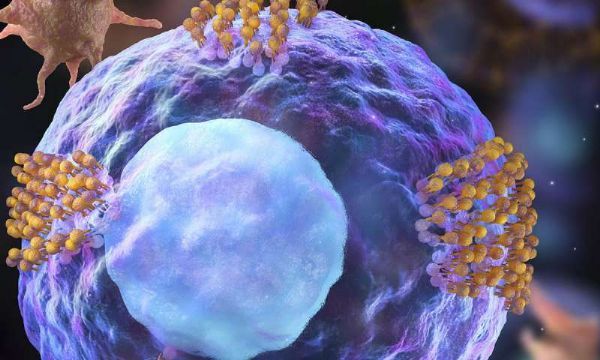Release date: 2018-02-06
According to a new study by the University of La Verde and the University of Quebec Central Hospital (CHU), the role of platelets in our immune system may be more important than what we thought was before. In addition to its role in coagulation and repair, platelets are the first cells in the immune system that produce an immune response after a virus, bacterium, or allergen has entered the bloodstream. The latest study, published in the Proceedings of the National Academy of Sciences, brings new ideas to treat patients with septic shock and autoimmune diseases such as rheumatoid arthritis and lupus erythematosus caused by viral or bacterial infections.

"When foreign substances enter the blood for the first time, the body produces antibodies," said lead author Eric Boilard, a professor at the Faculty of Medicine at Ravel University. "When these antibodies contact these pathogens again, they quickly adhere to their surface to produce antigen-antibody complexes that produce an inflammatory response."
Platelets have receptors that recognize these complexes, and it is this phenomenon that prompted Professor Boilard and his colleagues to suspect that platelets are involved in the process. To test their hypothesis, they created antigen-antibody complexes in the blood of mice using viruses, bacterial toxins and allergen proteins.
The results of the three cases are similar. Mice have classic symptoms of septic shock or anaphylactic shock: hypothermia, tremors, decreased cardiovascular function, vasodilation, and loss of consciousness. "We performed the same test on mice with few platelets or platelets without corresponding receptors, and found that these mice did not show previous symptoms, which clearly indicates that platelets play an important role in this process. Instead of white blood cells, it is the first cell to participate in the immune response."
The researchers believe that mouse shock is due to the release of serotonin from platelets. "It is the same as the neurotransmitters in the brain, except that these molecules are produced by the small intestine. Platelets store serotonin - they store 90% of the body's serotonin, and in some cases platelets release these serotonin. Boilard explained.
One clinical significance of this study is that transfusion of platelets in patients with septic shock and anaphylactic shock may exacerbate their condition by increasing the amount of serotonin. "Blood transfusion is still an important tool, especially for patients with low platelet levels, but to prevent problems, we should first remove the antigen-antibody complex receptor on the platelets," Boilard said. He is currently studying the role of antigen-antibody complex receptors in autoimmune diseases such as arthritis and lupus erythematosus. "We believe that by inhibiting receptors, we should be able to improve the patient's condition without affecting platelets for other functions."
Reference materials:
Nathalie Cloutier et al. Platelets release pathogenic serotonin and return to circulation after immune complex-mediated sequestration, Proceedings of the National Academy of Sciences (2018). DOI: 10.1073/pnas.1720553115
Source: Bio Valley
Stainless Steel Hinges,Steel Hinges,Stainless Steel Door Hinges,Stainless Hinges
Ningbo Hengchieh Locking Technology Co., Ltd. , https://www.yh-lock.com